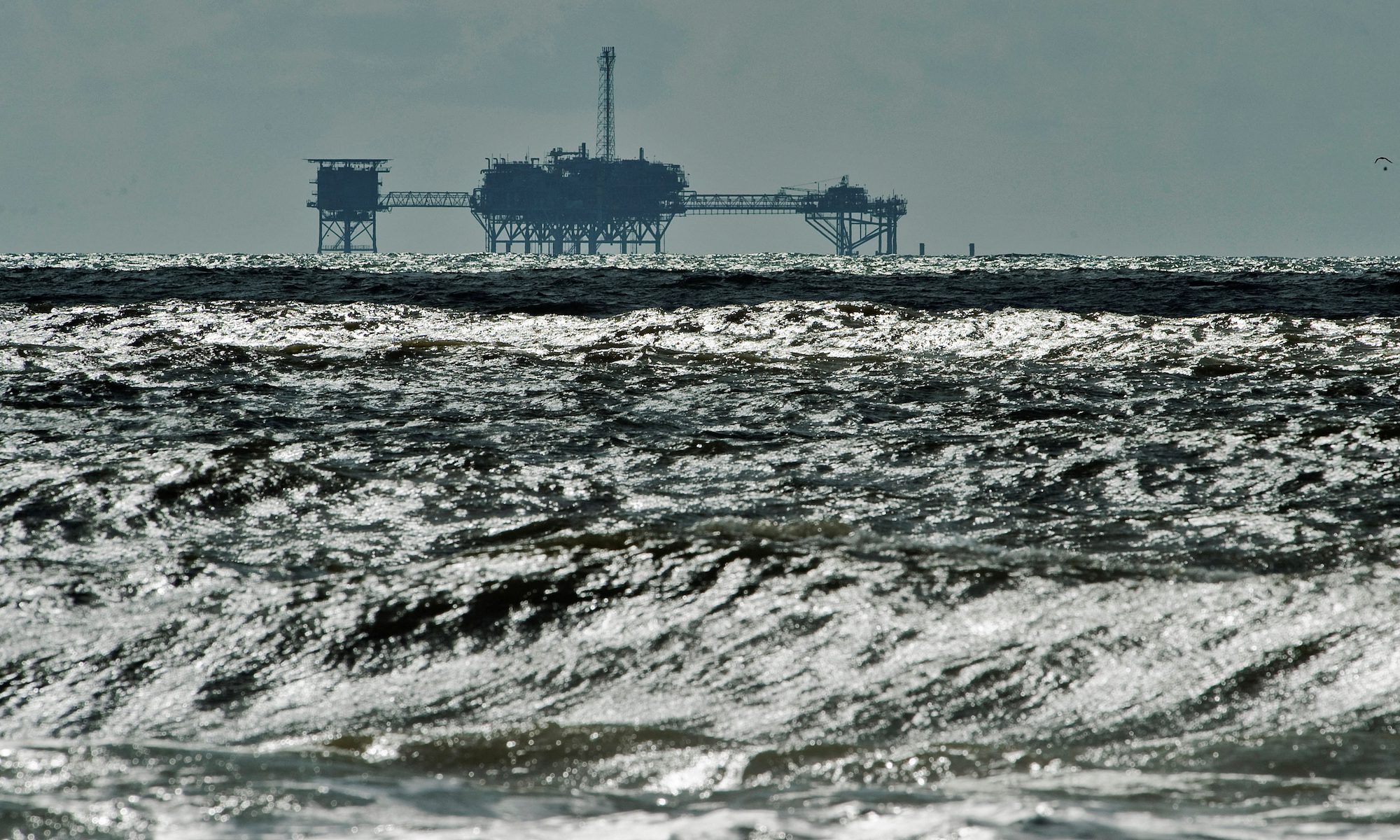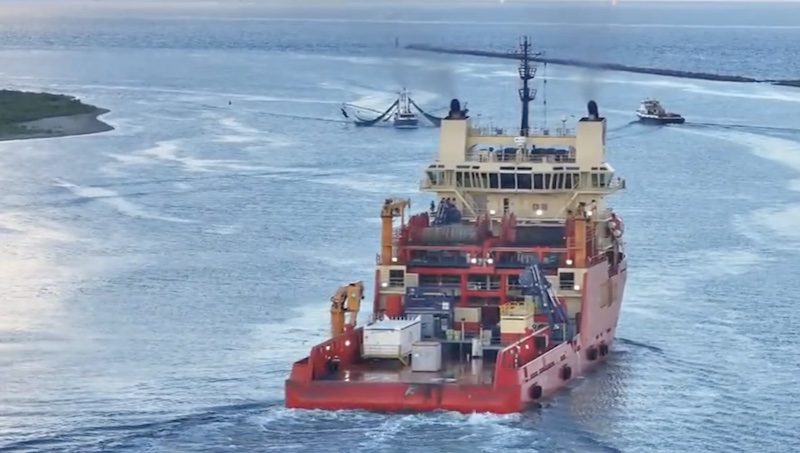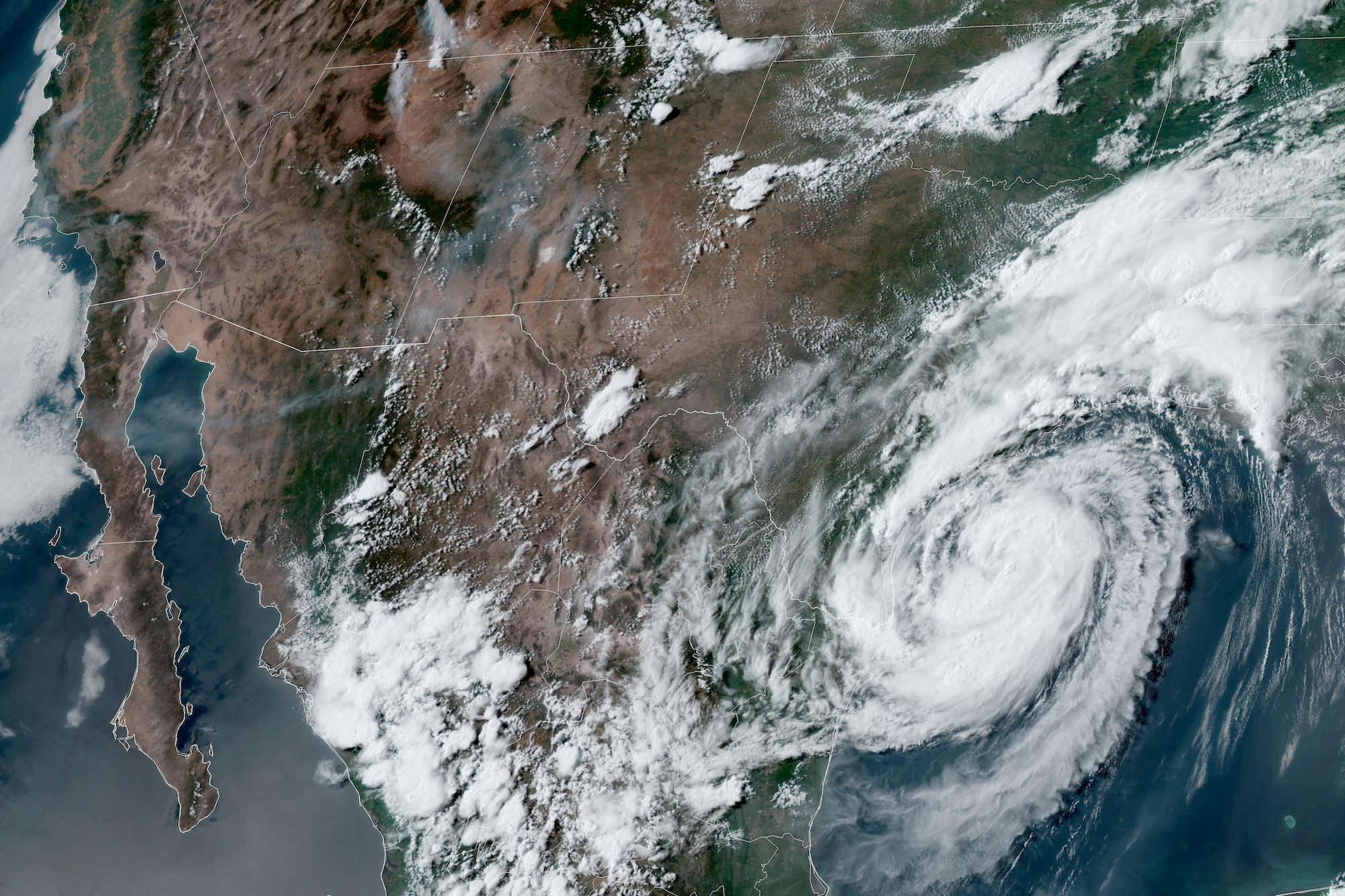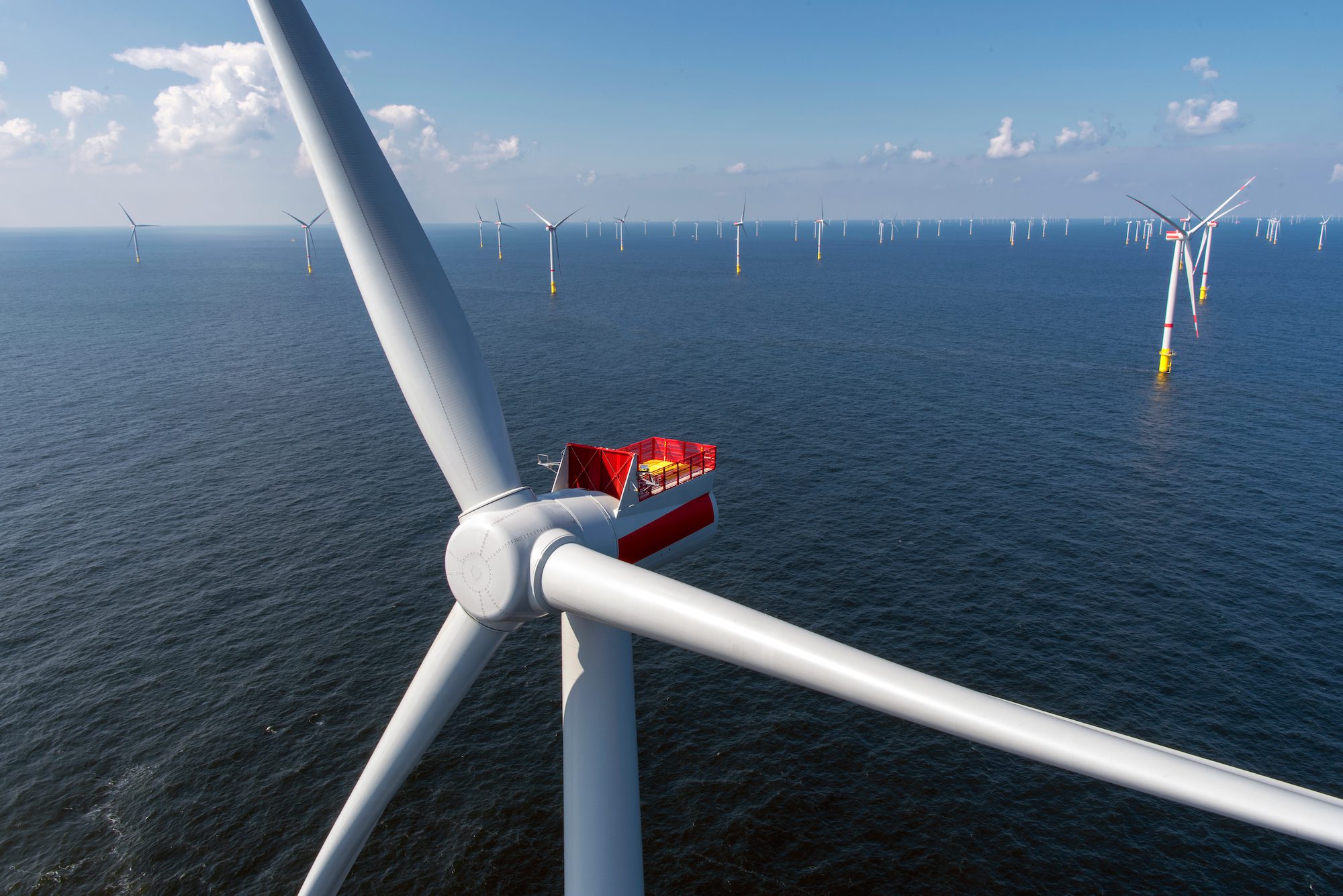The U.S. Department of the Interior is facing criticism over its failure to adequately enforce the decommissioning of aging offshore oil and gas wells and platforms in the U.S. Gulf of Mexico, increasing the risks associated with the infrastructure, according to a report by the U.S. Government Accountability Office (GAO).
The report alleges that the Department’s Bureau of Safety and Environmental Enforcement (BSEE) is not ensuring that industry operators meet decommissioning deadlines, leading to a significant backlog in decommissioning with over 40 percent of wells and 50 percent of platforms on Gulf leases that ended between 2010 and 2022 missing the BSEE’s 1-year decommissioning deadline. Moreover, over 75 percent of end-of-lease and idle infrastructure in the Gulf was overdue under BSEE’s deadlines as of June 2023, representing over 2,700 wells and 500 platforms.
The Gulf of Mexico Has a $30 Billion Unplugged Oil Well Problem
The GAO report also highlights the Department’s Bureau of Ocean Energy Management (BOEM) for failing to ensure that operators have the financial and technical ability to meet decommissioning obligations. BOEM held about $3.5 billion in supplemental bonds to cover between $40 billion and $70 billion in total estimated decommissioning costs as of June 2023. This leaves the federal government, i.e. taxpayers, exposed to billions of dollars in financial risks if operators fail to meet their obligations.
The report was commissioned to review the Department’s oversight of offshore decommissioning, as delayed decommissioning increases environmental, safety, and financial risks.
The report suggests that the Interior Department could improve its enforcement and mitigate associated risks by ensuring BSEE and BOEM prioritize completing planned actions. Given the persistent and escalating nature of these issues, the report suggests that congressional oversight or direction may be necessary to limit the growing scale of related risks.
The offshore oil and gas industry has installed more than 55,000 wells and 7,000 platforms on the outer continental shelf since the 1940s, with the majority located in the Gulf of Mexico. These infrastructures become increasingly vulnerable to damage and deterioration over time, and the federal government may become liable for these costs if industry fails to meet its obligations.
The GAO has issued four recommendations for the Interior to strengthen BSEE and BOEM’s decommissioning oversight and enforcement. The report also suggests that Congress may wish to consider providing oversight by establishing a reporting mechanism or direction by clarifying how Interior should balance statutory priorities for offshore decommissioning.
Unlock Exclusive Insights Today!
Join the gCaptain Club for curated content, insider opinions, and vibrant community discussions.

 Join The Club
Join The Club













